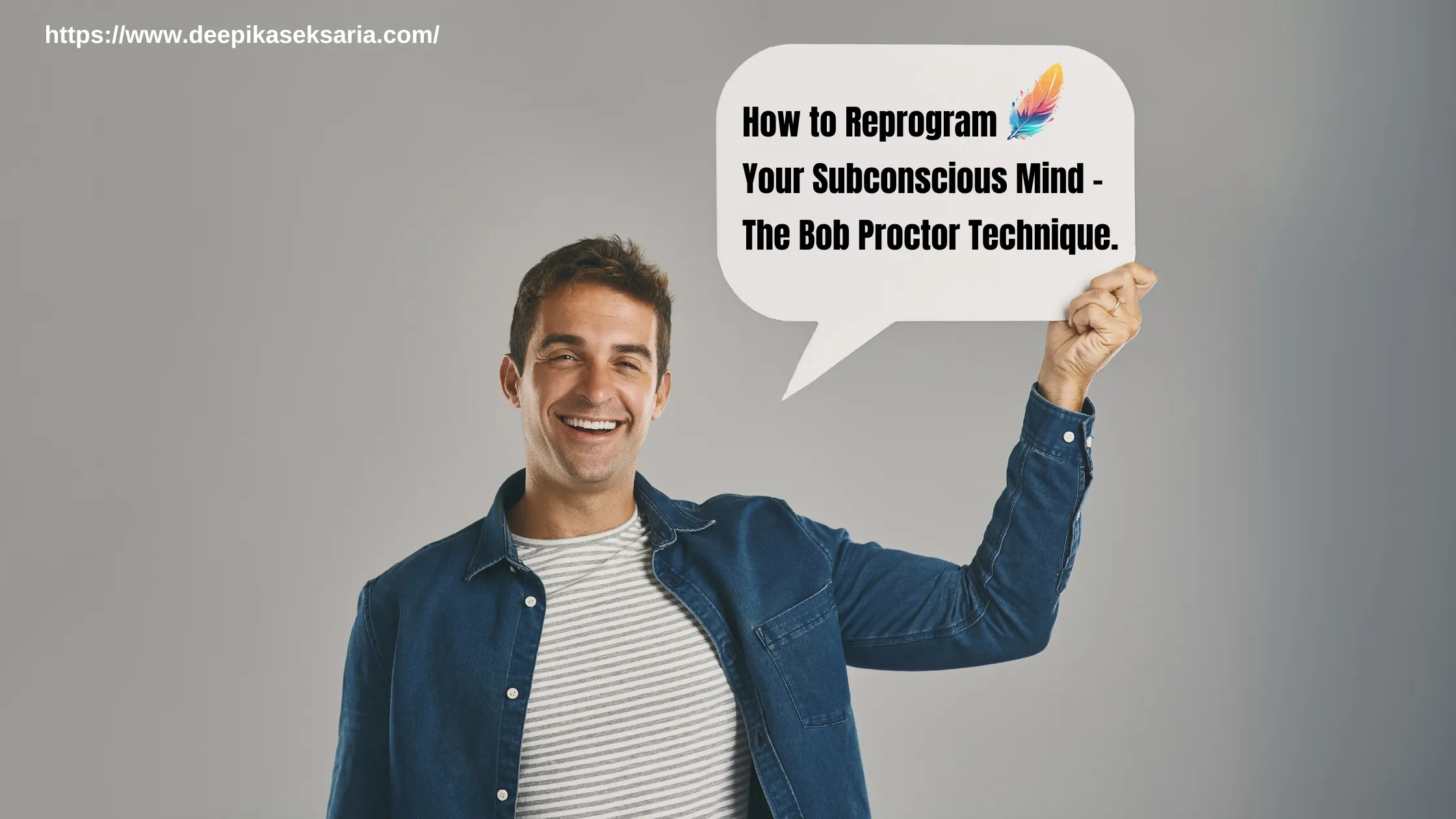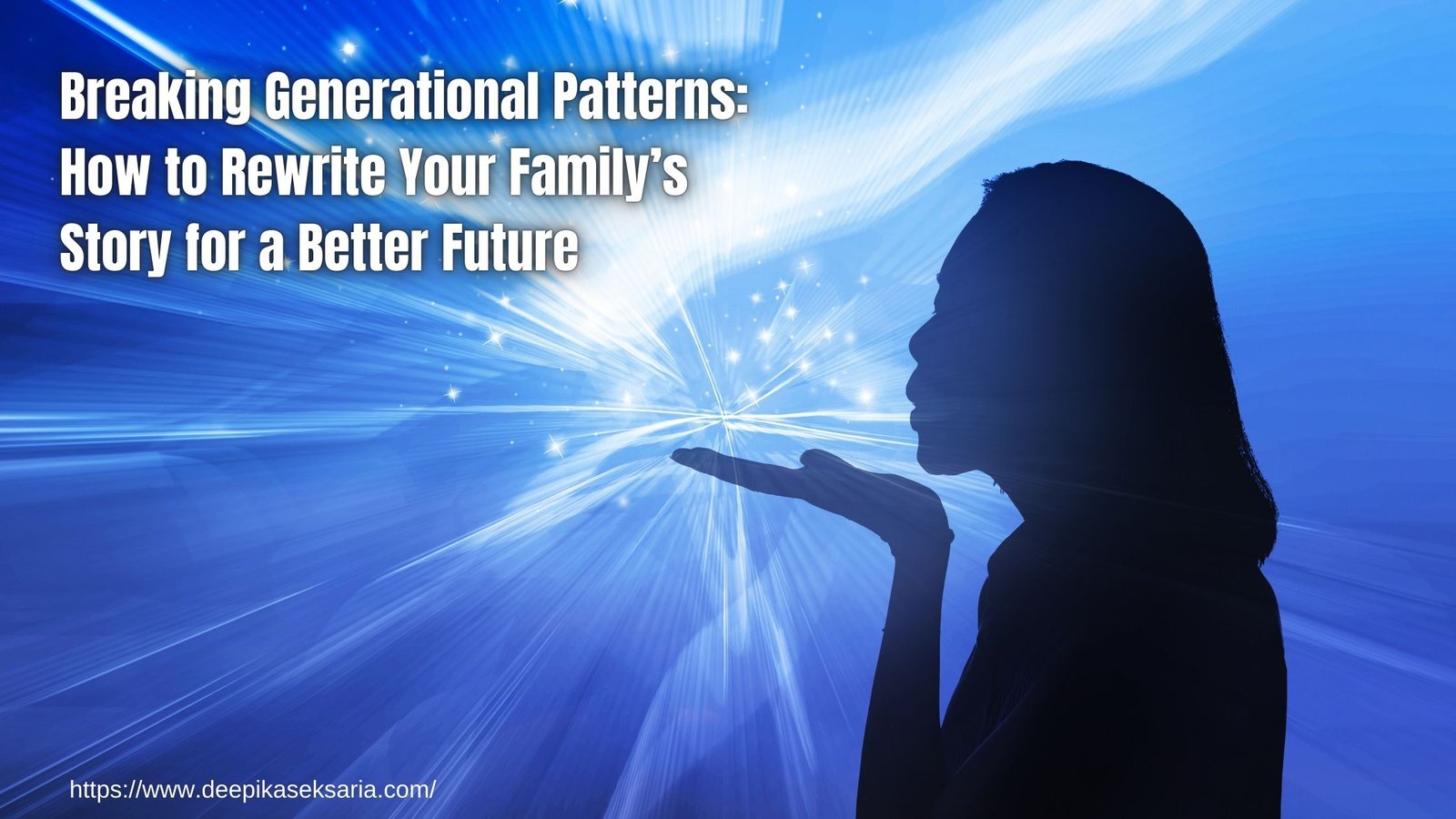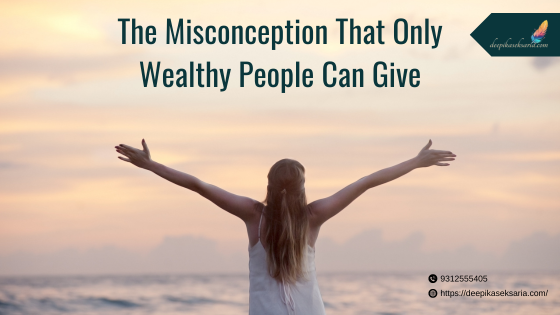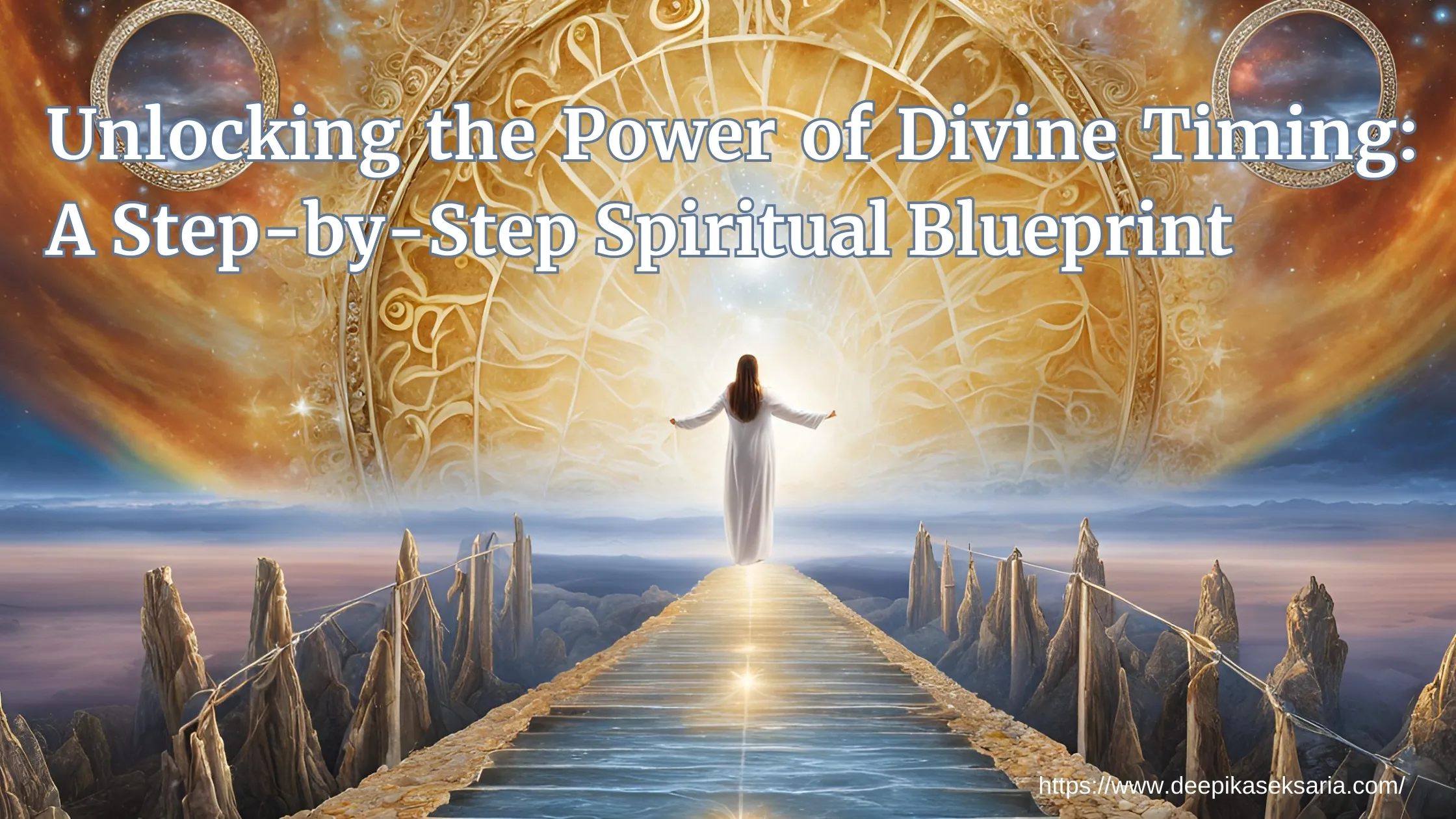Louise Hay
Louise Hay was a transformative figure in the world of self-help and personal development, known for her groundbreaking work in promoting self-healing through positive thinking and affirmations.
Born in an era when traditional medicine and psychology dominated, Hay challenged the status quo by advocating for a holistic approach to wellness that integrated mind, body, and spirit. Her teachings have inspired millions worldwide, creating a lasting legacy that continues to influence the self-help movement today.
Louise Hay, a name synonymous with self-help, positive affirmations, and the mind-body connection, has touched countless lives with her message of personal empowerment and self-healing. Born in a time when emotional well-being wasn’t openly discussed, Hay’s journey is a testament to the transformative power of self-love and forgiveness.
Early Life and Background of Louise Hay
Louise Lynn Hay was born on October 8, 1926, in Los Angeles, California. Her early life was marked by hardship and adversity, which shaped her resilience and later work. Hay grew up in poverty, experiencing a tumultuous childhood filled with abuse and neglect. Her stepfather was abusive, and her mother struggled to provide for the family. These challenging experiences imbued Hay with a deep empathy for those suffering and a desire to find a path to healing and peace.
At the age of 15, Hay dropped out of high school and left home. She moved to Chicago, where she worked various jobs to support herself. Eventually, she relocated to New York City, where she began a career as a fashion model. Despite the glamorous exterior, Hay continued to grapple with the emotional scars of her past. In her mid-thirties, she married an English businessman, Andrew Hay. The marriage was short-lived, ending in divorce after 14 years.
She was Abused by her stepfather and abandoned by her birth mother, she faced profound emotional neglect. At the age of fifteen, Hay left home and eventually found herself unwed and pregnant at a young age. Unable to care for her child, she made the agonizing decision to give her up for adoption, a trauma that would remain with her for year
Cervical Cancer – the Turning Point
The pivotal moment in Louise Hay’s life came in the 1970s when she was diagnosed with cervical cancer. Confronted with a life-threatening illness, Hay embarked on a journey of self-discovery and healing. She delved into the world of metaphysics and alternative medicine, exploring the connection between mind and body. Hay became convinced that her cancer was linked to unresolved emotions and past traumas. This belief propelled her to develop a holistic approach to healing, which emphasized the power of positive thinking, affirmations, and forgiveness.
Hay’s healing journey included therapy, nutrition, and the use of affirmations to change her thought patterns. She successfully overcame her illness, a testament to the efficacy of her methods. This experience not only saved her life but also solidified her mission to share her discoveries with the world.
Founding Hay House
 In 1984, Louise Hay founded Hay House, a publishing company dedicated to disseminating books, audio programs, and other materials that promote self-help, personal growth, and spirituality. Hay House started as a small operation, initially focused on distributing Hay’s own work, including her seminal book “You Can Heal Your Life.”
In 1984, Louise Hay founded Hay House, a publishing company dedicated to disseminating books, audio programs, and other materials that promote self-help, personal growth, and spirituality. Hay House started as a small operation, initially focused on distributing Hay’s own work, including her seminal book “You Can Heal Your Life.”

“You Can Heal Your Life,” published in 1984, became an instant bestseller, eventually selling over 50 million copies worldwide. The book outlines Hay’s philosophy that our thoughts and beliefs can shape our physical health and overall well-being. It includes affirmations and exercises designed to help readers identify and change negative thought patterns. The success of the book established Hay House as a leading publisher in the self-help genre, attracting a roster of influential authors such as Wayne Dyer, Deepak Chopra, and Marianne Williamson.
Core Teachings and Philosophies of Louise Hay
Louise Hay’s teachings are rooted in the belief that our thoughts and feelings have a direct impact on our physical health and life circumstances. Central to her philosophy is the idea that positive affirmations can transform negative beliefs and promote healing. Key components of Hay’s teachings include:
1. The Power of Affirmations
Hay advocated the use of positive affirmations to replace negative self-talk and beliefs. Affirmations are simple, positive statements that one repeats regularly to instill a positive mindset. Examples include “I am worthy of love” and “I am healthy, whole, and complete.” According to Hay, these affirmations can reprogram the subconscious mind, leading to improved mental, emotional, and physical health.
2. Forgiveness and Letting Go
Hay emphasized the importance of forgiveness as a crucial step in healing. She believed that holding onto resentment and anger could manifest as physical illness. By practicing forgiveness, individuals could release negative emotions and create space for positive change. This process often involved forgiving oneself and others for past wrongs.
3. Mind-Body Connection
Hay’s work highlighted the intricate connection between the mind and body. She argued that many physical ailments are rooted in emotional and psychological issues. For instance, she linked cancer to deep-seated resentment and self-loathing, and back pain to feelings of lack of support. By addressing these underlying emotional issues, Hay believed that one could achieve physical healing.
4. Self-Love and Acceptance
At the heart of Hay’s teachings is the concept of self-love and acceptance. She encouraged individuals to cultivate a loving and accepting relationship with themselves, recognizing their inherent worth and potential. This involved practices such as mirror work, where one looks into a mirror and repeats affirmations of self-love.
Hay’s central philosophy revolved around the power of our thoughts and beliefs to shape our reality. She believed that negative thoughts and limiting beliefs could manifest as physical ailments and emotional distress. Conversely, positive affirmations and self-compassion could foster healing and well-being.
Some of her core teachings included:
- The power of forgiveness: Letting go of anger and resentment towards oneself and others was crucial for healing.
- The importance of self-love: Cultivating a sense of self-acceptance and worthiness was essential for overall well-being.
- The practice of positive affirmations: Repeating positive statements about oneself could reprogram negative thought patterns.
Major Works and Publications
Louise Hay’s prolific career included numerous books, audio programs, and workshops that expanded on her core teachings. Some of her most influential works.
Hay’s most renowned work is undoubtedly “You Can Heal Your Life,” published in 1984. This international bestseller delved into the mind-body connection, providing a self-help guide for those seeking emotional and physical healing. The book offered a cause-and-effect chart linking negative thoughts to specific ailments, along with empowering affirmations to counteract them. “You Can Heal Your Life” has sold over 50 million copies worldwide and been translated into over 30 languages. Hay went on to author numerous other books on self-help, positive thinking, and specific ailments.
1. You Can Heal Your Life (1984)
This groundbreaking book introduced Hay’s philosophy to the world. It provides readers with tools and exercises to transform their lives through positive thinking and affirmations. The book’s success made Hay a household name in the self-help movement.
2. The Power Is Within You (1991)
In this follow-up to “You Can Heal Your Life,” Hay delves deeper into the principles of self-love, forgiveness, and personal empowerment. The book offers practical advice and exercises for overcoming fear, anger, and other negative emotions.
3. Heal Your Body (1976)
Also known as “The Little Blue Book,” this early work by Hay is a reference guide that links various physical ailments to specific emotional issues. It provides affirmations and mental exercises to address these underlying problems.
4. Meditations to Heal Your Life (2000)
This collection of guided meditations offers readers a way to incorporate Hay’s teachings into their daily lives. The meditations focus on themes such as love, forgiveness, and healing.
5. Loving Yourself to Great Health (2014)
Co-authored with Ahlea Khadro and Heather Dane, this book combines Hay’s philosophies with practical advice on nutrition and holistic health. It emphasizes the importance of nourishing the body, mind, and spirit for overall well-being.
Influence and Legacy
Louise Hay’s influence extends far beyond her books and teachings. Her work has inspired millions of people worldwide to take control of their lives and embrace a holistic approach to wellness. Hay’s legacy is evident in the continued success of Hay House, which remains a leading publisher in the self-help and personal development industry.
Hay’s impact can be seen in the work of numerous contemporary authors and speakers who draw on her teachings. Her emphasis on positive thinking and the mind-body connection has become a cornerstone of modern self-help literature. Additionally, her approach to healing has influenced various therapeutic practices, including cognitive-behavioral therapy and mindfulness-based stress reduction.
Louise Hay’s impact on the self-help movement is undeniable. Her work on the mind-body connection and the power of positive affirmations resonated with millions. She empowered individuals to take charge of their well-being and heal from emotional wounds. Hay’s influence extends beyond books. She held workshops and seminars worldwide, making her teachings accessible to a global audience.
Criticisms and Controversies
While Louise Hay’s work has garnered widespread acclaim, it has also faced criticism. Some skeptics argue that her emphasis on positive thinking and affirmations oversimplifies complex psychological and medical issues. Critics contend that her approach may lead individuals to blame themselves for their illnesses or hardships, overlooking the multifaceted nature of health and well-being.
Additionally, some medical professionals have expressed concern that Hay’s teachings may discourage individuals from seeking conventional medical treatment. While Hay herself advocated for a holistic approach that included traditional medicine, some followers may misinterpret her message.
Despite these criticisms, Hay’s work has been instrumental in promoting a more integrative approach to health and wellness. Her teachings encourage individuals to take an active role in their healing and to consider the emotional and psychological aspects of their well-being.
While Hay’s work has been widely praised, it hasn’t been without criticism. Some medical professionals have challenged the idea that negative thoughts directly cause illness, emphasizing the complexity of disease. Others have critiqued Hay’s cause-and-effect charts as overly simplistic. Despite these critiques, Hay’s work continues to be a source of inspiration and support for many.
Personal Life and Later Years
Louise Hay’s personal life was as inspiring as her professional achievements. After overcoming her own health challenges, she dedicated her life to helping others heal. Hay remained active in her work well into her later years, continuing to write, speak, and inspire audiences around the world.
In 2008, Hay was diagnosed with cancer again, but she approached it with the same holistic mindset that had helped her before. She continued to practice what she preached, focusing on positive affirmations, nutrition, and alternative therapies.Hay remained active well into her later years, continuing to write, speak, and advocate for self-healing. She openly discussed her own struggles and triumphs, fostering a sense of connection with her audience. Hay passed away peacefully on August 30, 2017, at the age of 90.
The Continuation of Her Work
Louise Hay’s legacy lives on through Hay House, which continues to publish works by leading authors in the fields of self-help, spirituality, and personal development. The company hosts conferences, workshops, and online courses, providing a platform for individuals to learn and grow.
In addition to Hay House, numerous practitioners and therapists continue to teach Hay’s methods, ensuring that her message of self-love and healing reaches new generations. Her books and audio programs remain popular, serving as a source of inspiration and guidance for millions.
The Hay House publishing company continues to thrive, carrying on Hay’s legacy by publishing self-help and inspirational works from diverse authors. The Louise Hay Foundation, established by Hay herself, carries on her mission of empowering individuals through educational programs and support groups.
Conclusion
Louise Hay’s pioneering work in self-healing and positive thinking has left an indelible mark on the world. Through her teachings, she empowered individuals to take control of their lives, embrace their worth, and cultivate a positive mindset. Her holistic approach to wellness, which integrates mind, body, and spirit, continues to inspire and heal people around the globe.
Hay’s journey from a troubled childhood to becoming a beacon of hope and healing is a testament to the power of resilience, self-love, and positive thinking. Her legacy is a reminder that we all have the power to transform our lives and create a brighter, healthier future.
Louise Hay’s story is one of resilience, self-discovery, and unwavering belief in the power of the human spirit. She challenged traditional approaches to well-being, encouraging individuals to explore the potential for self healing.
Through her books, teachings, and the ongoing work of Hay House, Louise Hay’s message of self-empowerment and healing will continue to inspire and uplift for generations to come.
Disclaimer:
This post contains affiliate links, including Amazon Influencer links. This means that if you click through and make a purchase, I may earn a small commission at no additional cost to you. As an Amazon Associate, I earn from qualifying purchases. I only recommend products I genuinely love or use myself. Thank you for supporting this blog and helping me continue to share meaningful content.
A quick overview of the topics covered in this article.
























